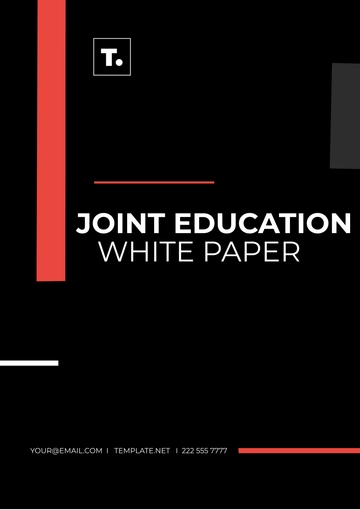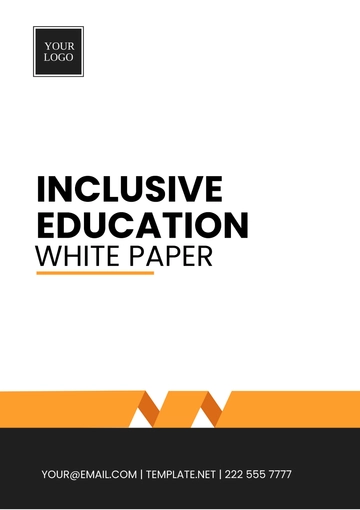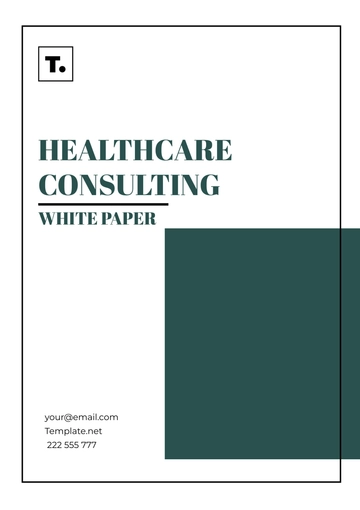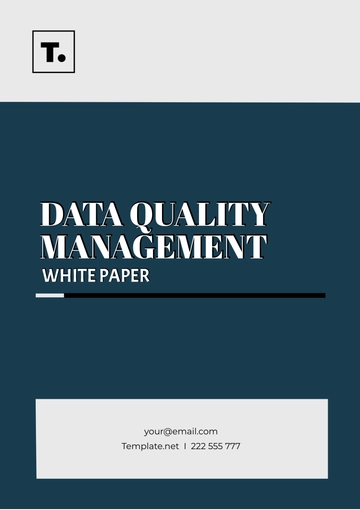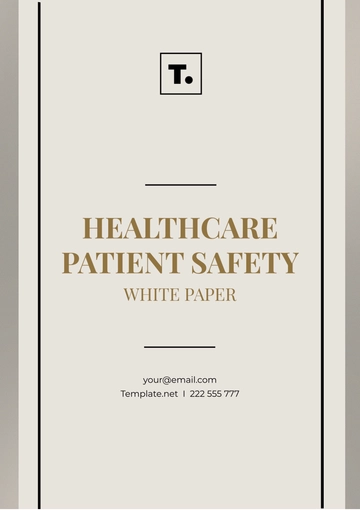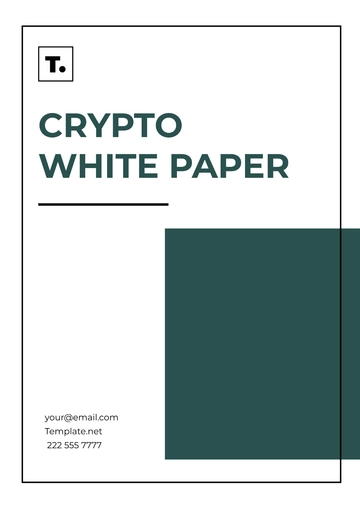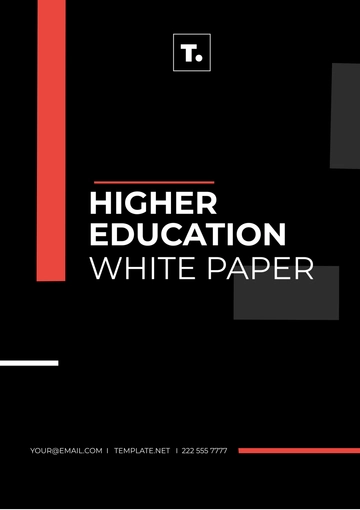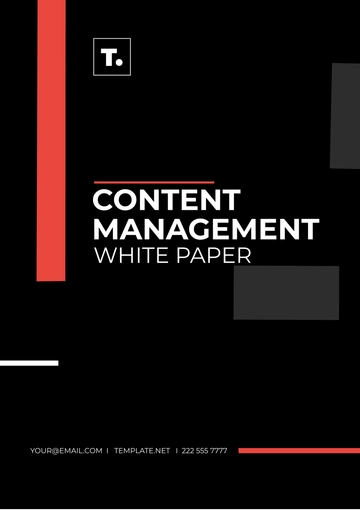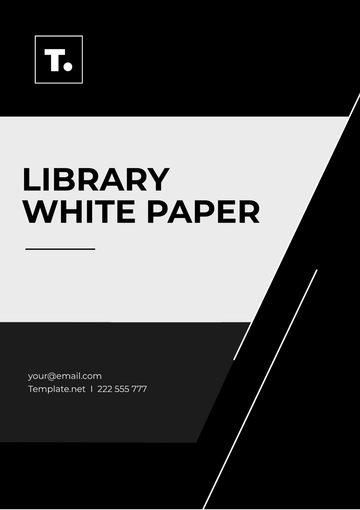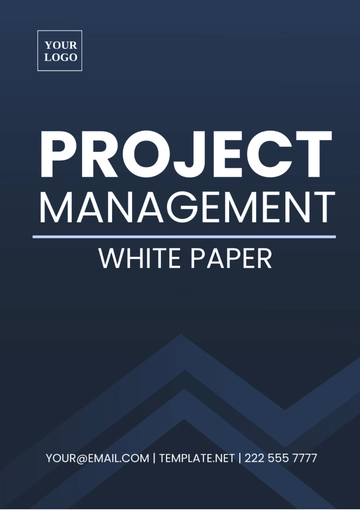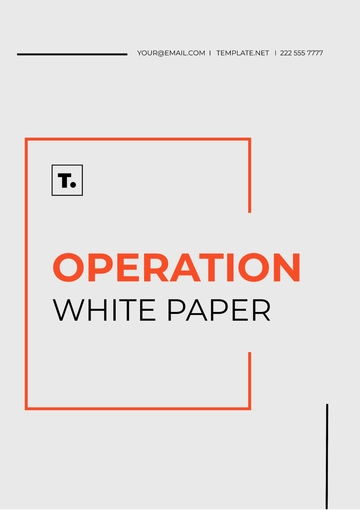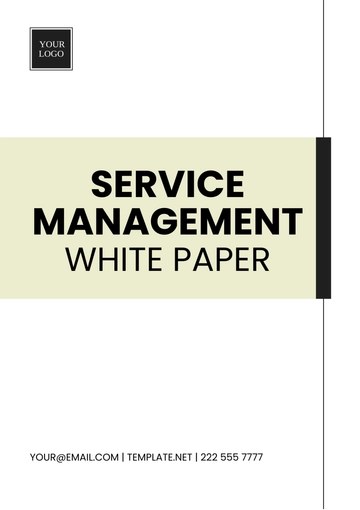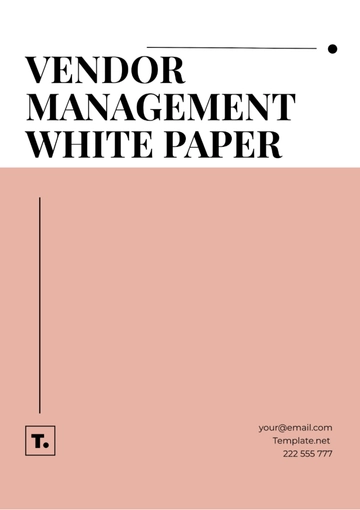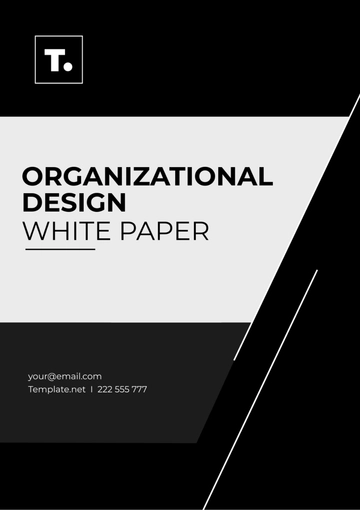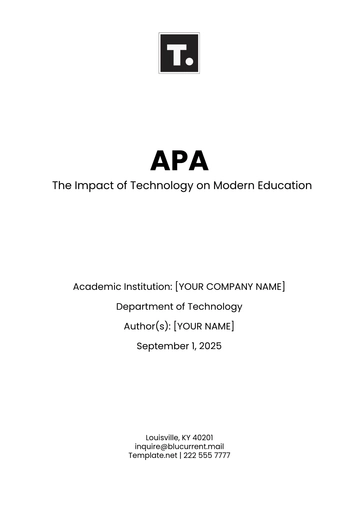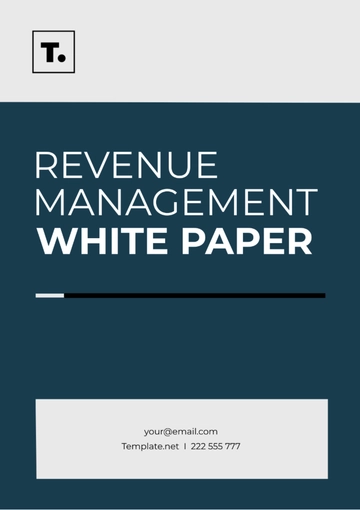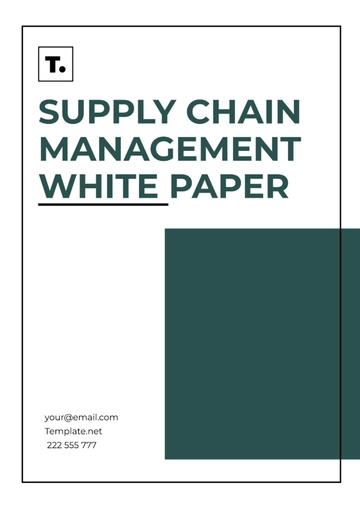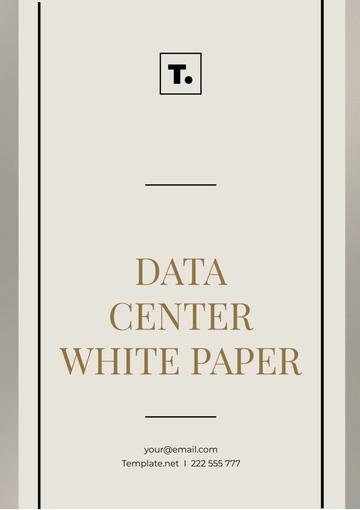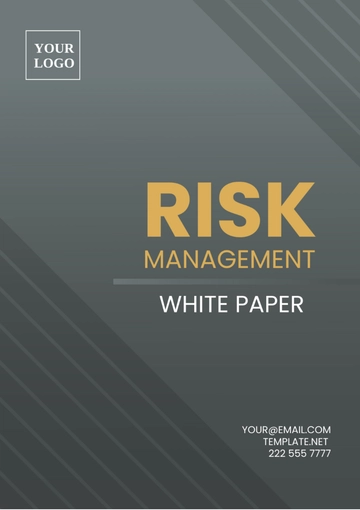Free Department Of Education White Paper
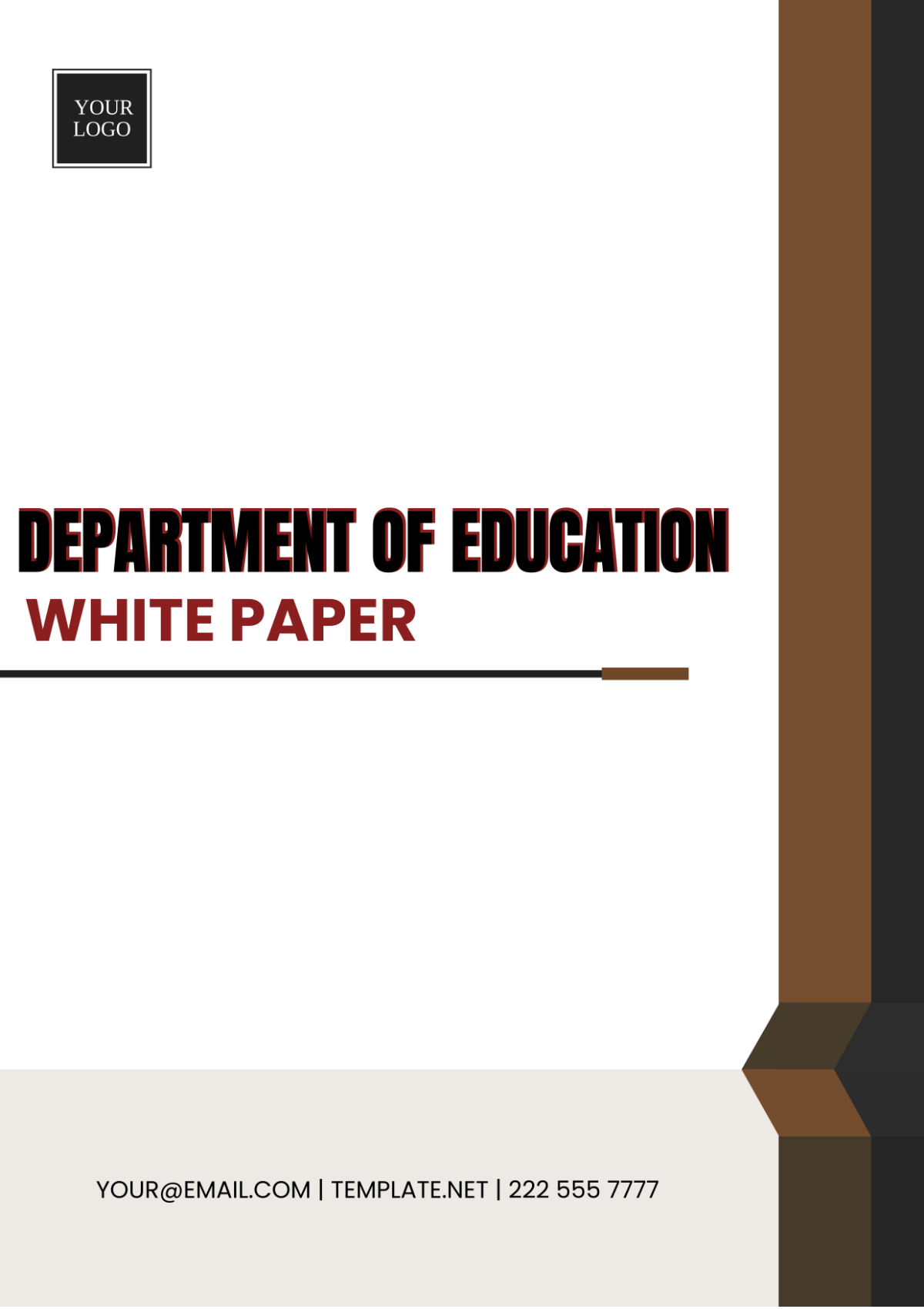
Prepared by: [YOUR NAME]
For: [YOUR DEPARTMENT], Department of Education
Date: [DATE]

I. Executive Summary
This White Paper provides a strategic framework and actionable guidelines aimed at promoting significant educational reforms. It outlines the essential methodologies for implementing standards-based curricula, innovative assessment frameworks, and effective strategies to foster inclusivity and diversity within schools. The insights and recommendations outlined here are intended for education policymakers, school administrators, and stakeholders committed to elevating educational outcomes.
II. Introduction
The need for educational reform has never been more urgent as educational institutions face the challenges of a rapidly evolving global landscape. This paper addresses these challenges by focusing on [SPECIFIC REFORM], standards-based curriculum development, and inclusivity initiatives to better prepare students for the complexities of the modern world.
III. Objectives
To provide an overview of the current educational challenges and opportunities.
To introduce best practices in curriculum development and assessment.
To present effective strategies for enhancing inclusivity and diversity within classrooms.
To offer recommendations that policymakers and education stakeholders can implement.
IV. Current State of Education
An analysis of the current educational environment highlights the following key areas: declining student engagement, unequal access to resources, and lack of diversity in educational content. These challenges not only impact student performance but also their readiness for higher education and the workforce.
V. Best Practices in Curriculum Development
For curriculum development, integrating the following standards-based practices is critical:
Establishing clear, measurable educational objectives that align with both local and national standards.
Developing comprehensive curricula that incorporate diverse perspectives and knowledge areas.
Incorporating technology and digital tools to enhance learning outcomes.
Utilizing ongoing feedback mechanisms to adapt and improve curriculum effectiveness.
VI. Framework for Assessments
Assessment frameworks should achieve the following:
Evaluation of student learning using diverse and equitable methods.
Data-driven insights to guide teaching methodologies and educational strategies.
Regular updates to assessment techniques to reflect the latest educational research and technology.
VII. Promoting Inclusivity and Diversity
Effective strategies to enhance inclusivity and diversity include:
Implementing training programs for educators on cultural competency and inclusive teaching.
Redesigning the curriculum to reflect global perspectives and multicultural education.
Ensuring all students have access to educational resources and support services.
Engaging community stakeholders in the development of inclusive policies and practices.
VIII. Recommendations
Key recommendations to foster significant and sustainable educational improvements are:
Prioritize funding and resources towards the development of inclusive educational technologies and programs.
Establish partnerships with educational leaders globally to share insights and strategies.
Create monitoring and evaluation frameworks to assess the progress of implemented reforms.
IX. Conclusion
This White Paper lays the groundwork for a concerted effort needed to transform educational practices. By adopting the outlined strategies, we can ensure an educational system that is dynamic, inclusive, and equipped to meet future challenges.
- 100% Customizable, free editor
- Access 1 Million+ Templates, photo’s & graphics
- Download or share as a template
- Click and replace photos, graphics, text, backgrounds
- Resize, crop, AI write & more
- Access advanced editor
Empower educational discourse with Template.net's editable and customizable white paper template. Compatible with our Ai Editor Tool, crafting compelling narratives is seamless. Tailor content to address diverse educational needs, ensuring clarity and professionalism. Elevate your Department of Education discussions with this comprehensive template.
